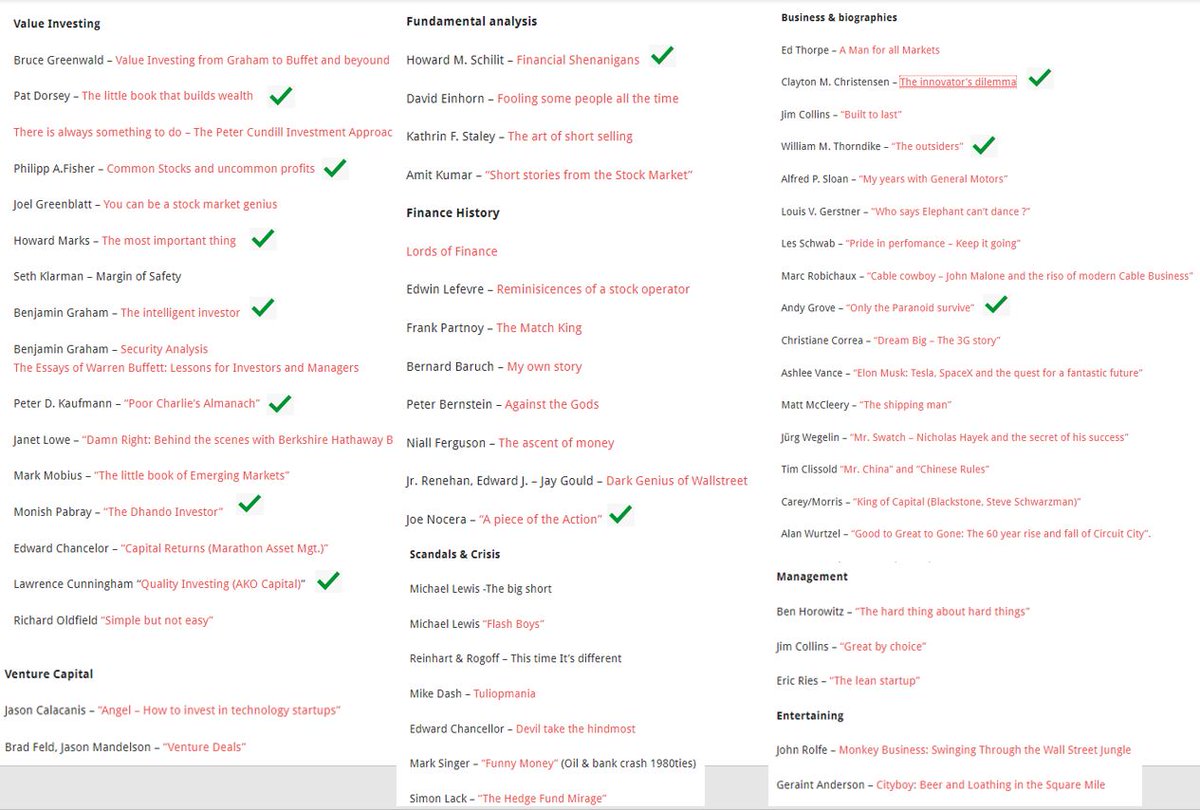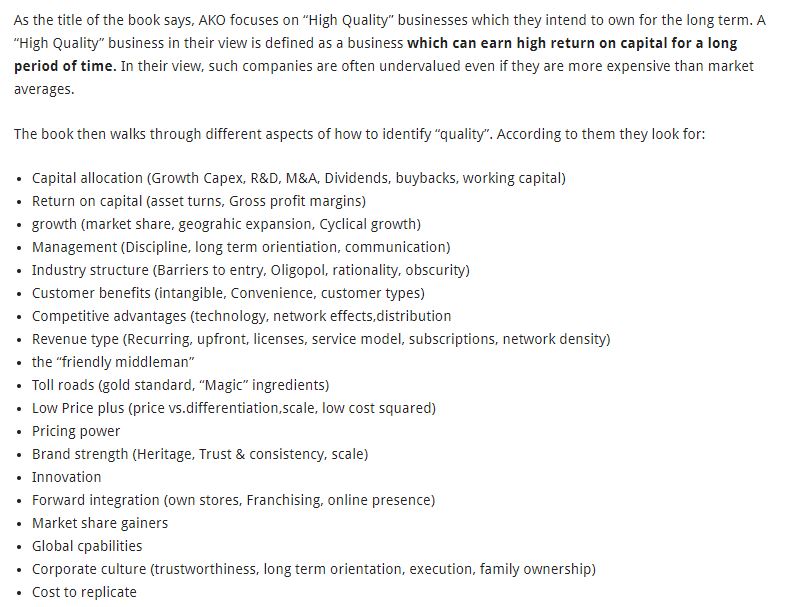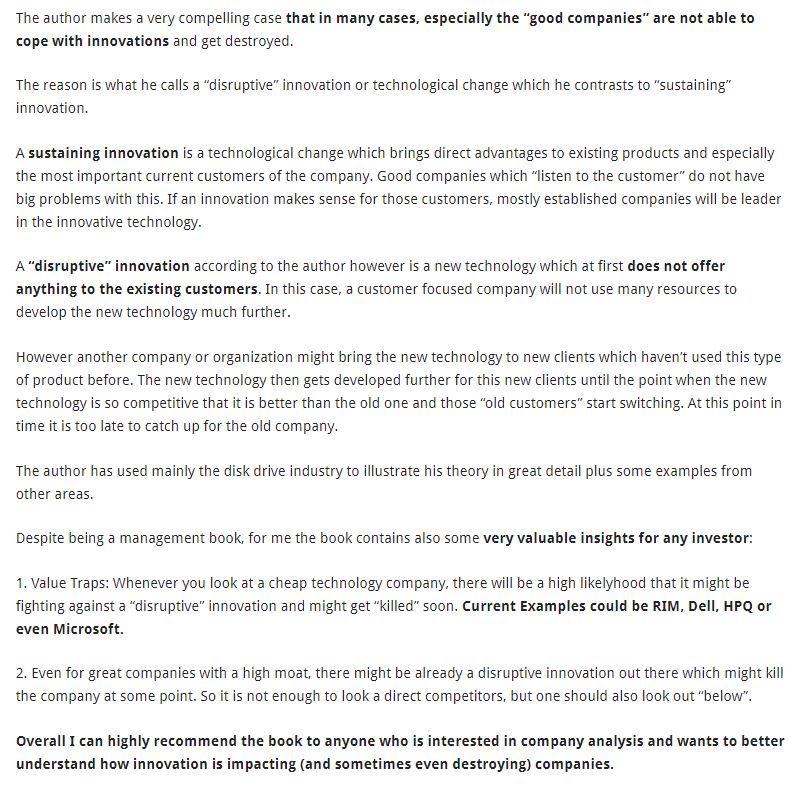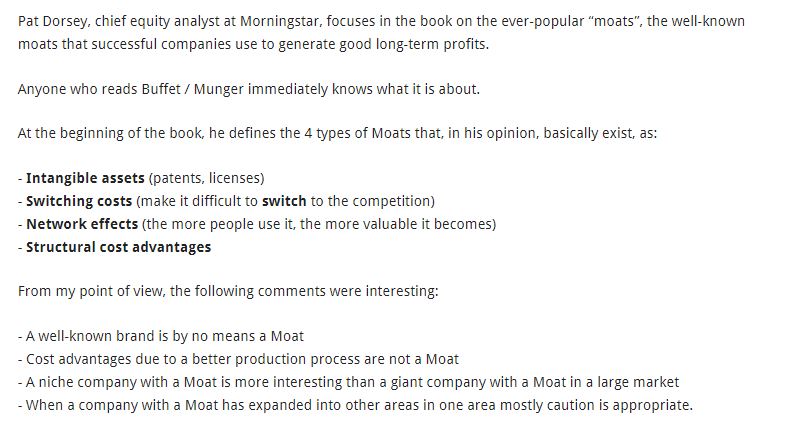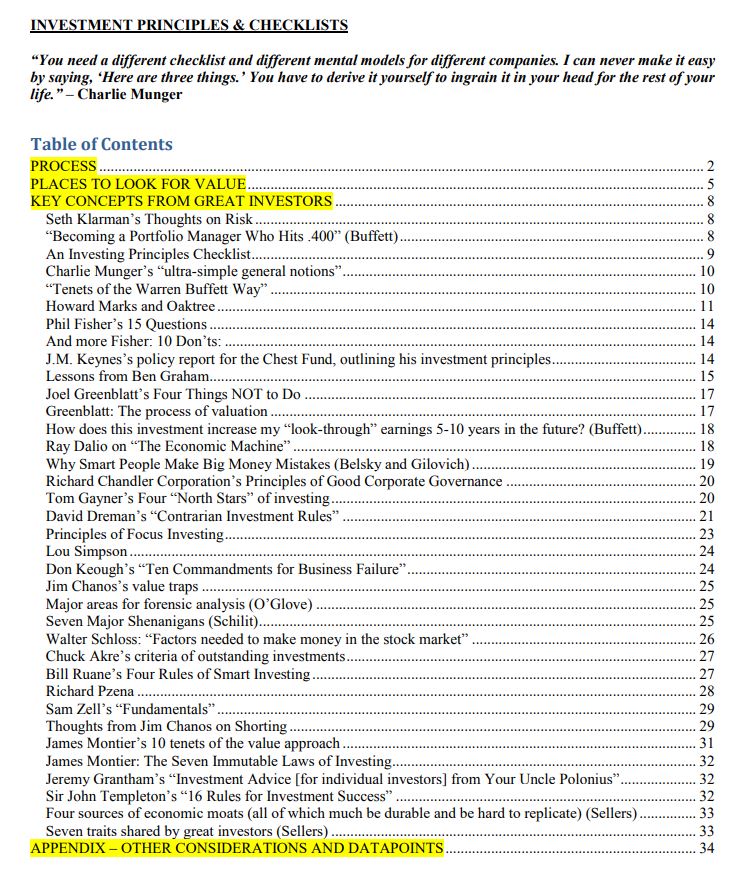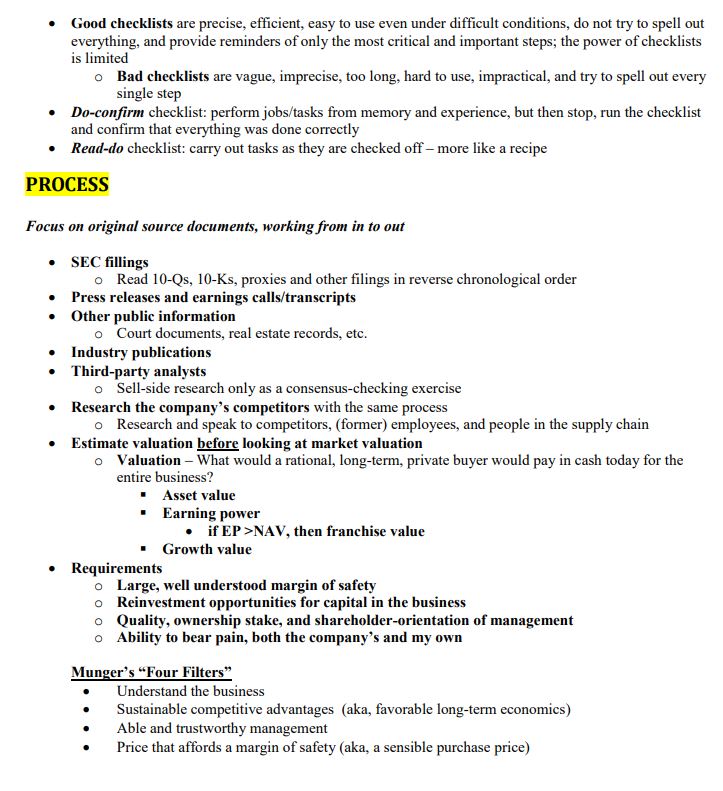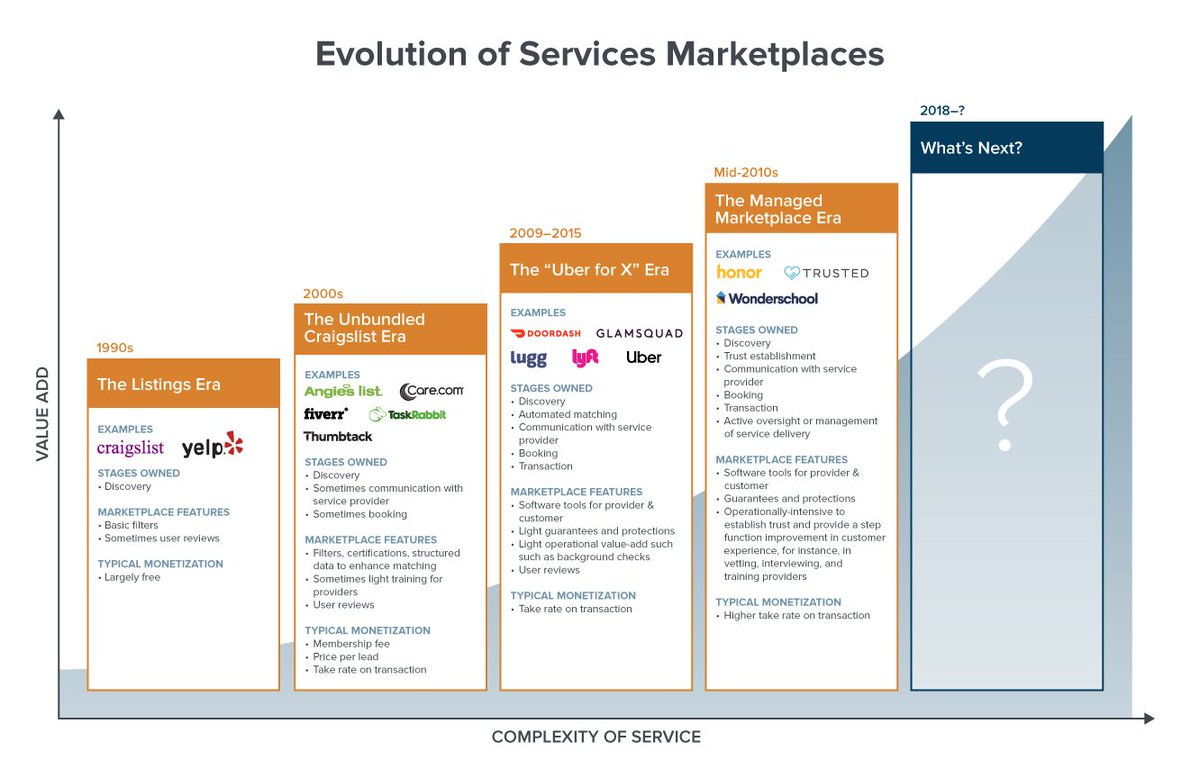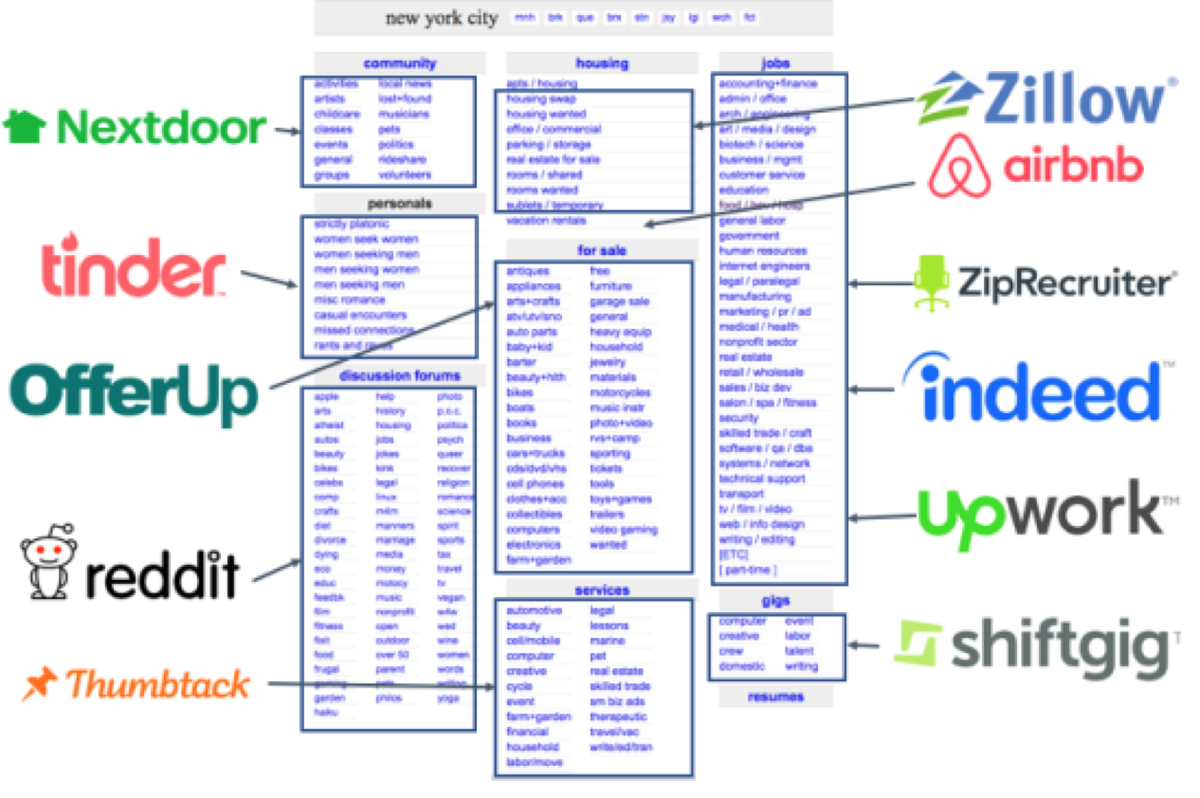Events since then
✔️Co's reporting two Qtrly reports
✔️Accelerating growth for few sectors
✔️Understandable problems for few others
✔️Crazy run-ups & valuations in the last 9 mo's, supported by biz growth in some cases, but mostly due to Monetary factors & Investor enthusiasm...
I usually buy for two scenarios
1⃣Leading Co's within strong secular trends, that also have strong Management Teams and solid Financials (Rev growth, Profitability or improving Margins/FCF prospects, no balance sheet risk...).
These are bought with the intention of holding for the long-term as long as the thesis is intact or getting better. Strongly intend to add along the way. Ex : $ROKU $PINS $TWLO $DOCU $W $NOW $WDAY $NVCR $MTCH in the above table.
2⃣More mature and stable Co.'s but with some growth left (no Financial risk), mainly bought for their current under-valuation, with the intent to sell when the Market or those stocks recover. Ex : $BIP $BUD $VTR $BR $BA in above table.
Occasional unplanned sells like
- $W one lot in late May, as the stock 8X'ed in 2 months after bottoming in March.
- $UBER after 3X (but unfortunately, just before the Vaccine news started coming out) as I was more interested in under-valuation in March, than for long-term.
I'm guilty of usually squeezing bulk of my buys in high Volatility periods.
Few purchases made after this (not recommendations)
$CRM (Dec, $220)
$ZM (Dec, $380)
$DOCU (Nov, $201)
$ETSY (Nov, $120)
$TDOC (Nov, $197)
$MDB (Sep, $209)
$FSLY (Sep, $76)
Updating my favorite investing concept & illustration for high volatility periods.
When good Co.'s are heavily discounted and put for you on a platter, given that you have a Watchlist &
✔️done your research
✔️developed thesis/conviction
✔️not worried about further downside
Every one needs their own toolkit for high volatility periods and bear markets. This is what will
✔️ensure you won't let fear drastically change your long-term plans and strategy
✔️get you thru to the other side
✔️maybe even take advantage of the low prices
Here are few concepts that have helped me in the past high volatility periods.
✔️Ben Graham's Mr Market: He's mostly pretty smart/stable but high VIX (fear/uncertainty) & extremely low VIX (complacency) are when you need to be little contrarian & take advantage of his behavior.
✔️"You make a lot of money (by investing in good Co's) during Bear Markets, You just don't realize it at the time" - Shelby Davis.
✔️When the price of a Stock (in a good Company) falls a lot, it actually becomes less risky (Howard Marks)
✔️Hyperbolic discounting : Fear causing time horizons to shrink, and Market valuing good Co's with bright future prospects as if they're mature/declining businesses. h/t
@IntrinsicInv ✔️Cash and Courage during a crash are invaluable (Buffett).
Anyway, this is just a random collection of thoughts about high volatility periods (like March), some results/updates, and some concepts that help during those periods.
/END. 👍








